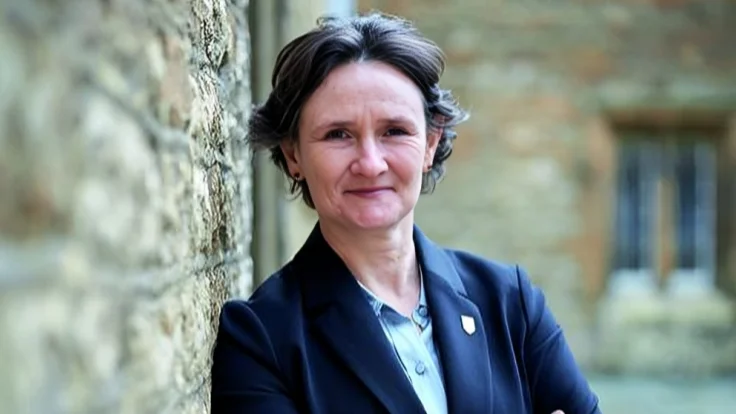Four researchers from the University of Oxford have been recognized with Philip Leverhulme Prizes for their work in engineering, chemistry, and economics. The prizes are awarded by the Leverhulme Trust to commemorate the contributions of Philip, Third Viscount Leverhulme. Each winner receives £100,000 to support research activities.
Associate Professor Emilio Martínez-Pañeda from the Department of Engineering Science received an Engineering prize for his research on material mechanics. He stated, "I am delighted to be awarded the Philip Leverhulme Prize and very much appreciate the generosity and flexible support of the Leverhulme Trust. I am very grateful to the jury for recognising the key role that mechanics can play in unravelling fundamental scientific challenges that are holding back the energy transition." Dr Martínez-Pañeda’s work involves developing models to describe how materials deform and fracture, with a focus on challenges related to net-zero carbon goals such as hydrogen infrastructure safety and wind turbine corrosion. He plans to use his award to advance models predicting degradation in solid-state batteries.
Associate Professor Meera Mehta from the Department of Chemistry was recognized for her research on earth-abundant non-toxic elements in synthetic and materials science. She commented, "Besides providing financial support to initiate a very ambitious project, this prize celebrates and recognises all the hard work of my research team. It allows me to be part of the elite Philip Leverhulme Prize winners community, and engage with academics beyond science." Her interests include nitrogen chain structures under ambient conditions, aiming to synthesize stable units for further study.
Associate Professor Ludvig Sinander from the Department of Economics was honored for his work in economic theory. He said, "This prize recognises joint work with my brilliant co-authors. I am grateful to them, my teachers and my family, and to the Trust for continuing to invest in UK scholarship." His research focuses on incentive design, voting systems, dynamic game theory, communication, discrimination, and decision-making. He will use his prize funds to study risk-taking behavior influenced by economic factors and labor market discrimination.
Professor Noa Zilberman from Engineering Science received an Engineering prize for her contributions to computing infrastructure. She remarked, "This prize is a powerful testament to the great work of my research group and talented collaborators, and will provide crucial support for tackling the immense sustainability and resilience challenges facing our global digital infrastructure." Her current projects involve building scalable AI systems at reduced cost and power consumption, developing sustainable computing solutions, and integrating machine learning into network devices.
The Leverhulme Trust is one of the UK's largest providers of research funding across disciplines. It distributes about £120 million annually as part of its mission to fund innovative research that can lead to societal benefits.

